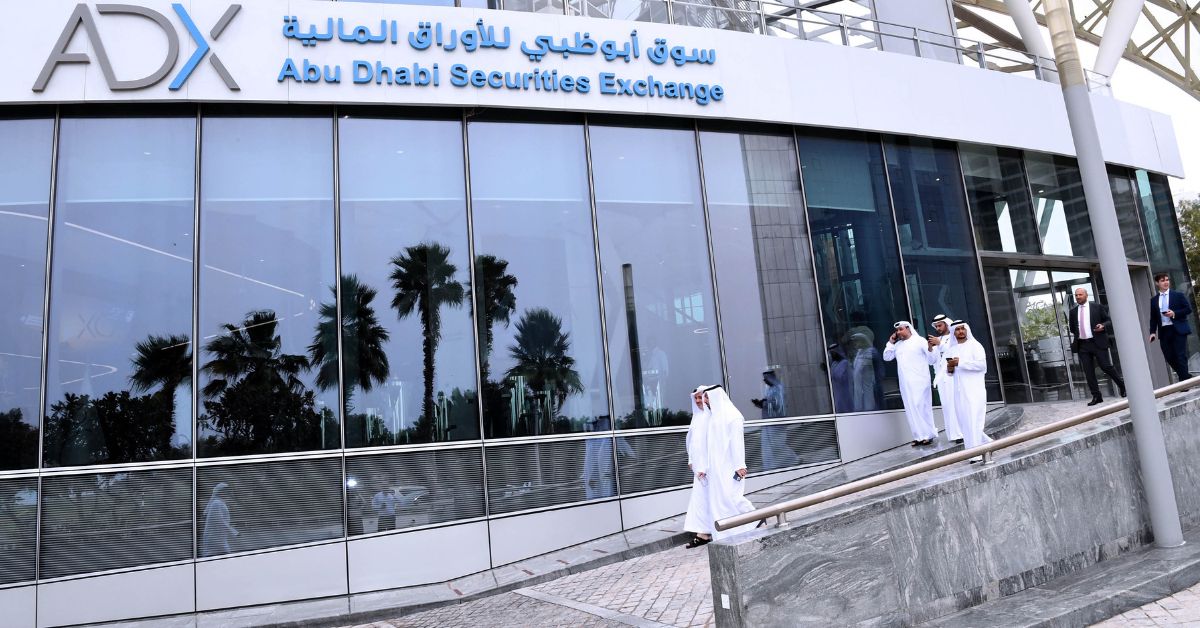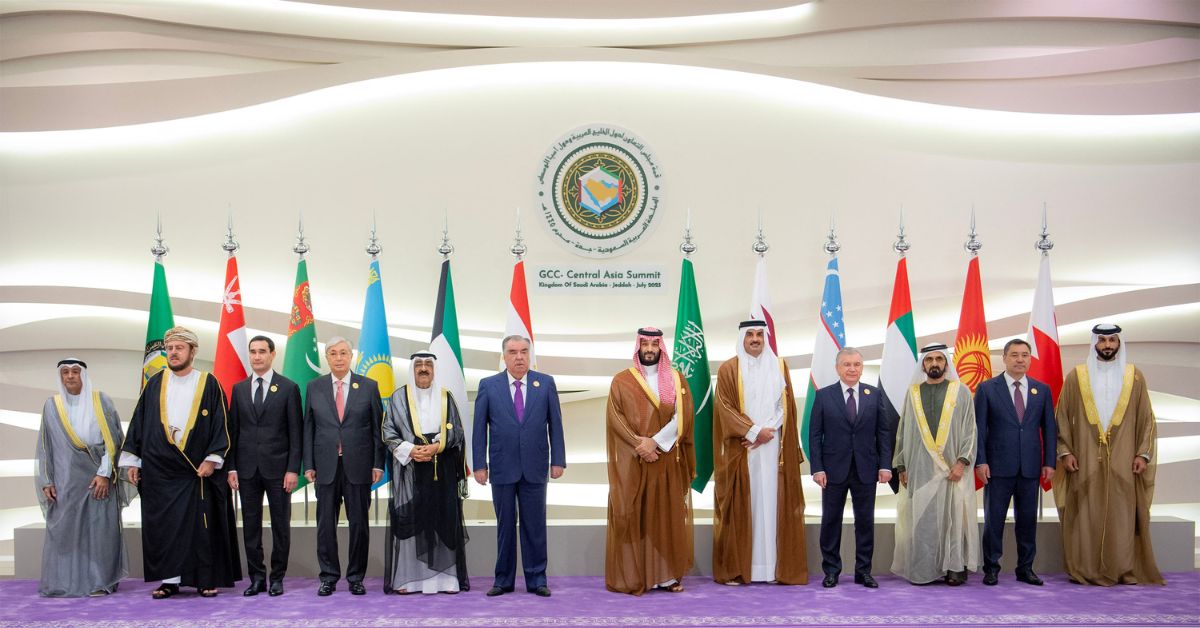KUWAIT CITY — The GCC equity market index ended 2023 with one of the smallest annual gains globally, closing at 714.69 points, a rise of 3.7 percent, according to a recent report by Kamco Invest.
This came after a year of mixed performances at the country level. Among the seven exchanges, four posted gains while three experienced declines, the report added.
Global equity markets, meanwhile, closed 2023 just shy of a record level, following consistent gains in the last two months of the year. Japanese and US indices were the standout performers, with the latter benefiting significantly from impressive gains in tech stocks.
The Nasdaq index surged by 43.4 percent, primarily driven by seven tech stocks that contributed over 17 percent to the MSCI All Country World Index. This growth in equity markets largely reflected resilient economic growth, despite concerns over geopolitical shocks, better-than-expected corporate profit growth, and anticipation of an end to the record rate hike cycle.
At A Glance * GCC equity market index closed 2023 with a modest gain of 3.7%, reaching 714.69 points. * Mixed performance across the seven GCC exchanges: four recorded gains, three saw declines. * Dubai led regional performance with a significant 21.7% increase, followed by Saudi Arabia at 14.2%. * Bahrain and Qatar also ended positively, with gains of 4% and 1.4% respectively. * Oman experienced the largest regional decline, dropping 7.1%, with Kuwait and Abu Dhabi also facing decreases. * The GCC market highlighted the importance of IPOs in attracting international capital and ensuring market resilience. * Saudi Arabian and Dubai exchanges saw strong investor interest in IPOs from key regional companies. * The Saudi market was notably insulated from the downturn in crude oil prices. * After outperforming in previous years, GCC markets lagged behind global markets in 2023. * MSCI GCC Index's year marked by volatility, influenced by geopolitical tensions and oil price concerns. * Despite challenges, the region saw a swift recovery, with the MSCI GCC Index rebounding by almost 15% since October 2023. * Divergence noted between crude oil prices and the GCC index movements. * Individual market performances within the GCC varied in 2023. * Dubai's rise driven by significant gains in Consumer Discretionary and Real Estate indices. * Pharma, Insurance, and Healthcare indices led with substantial gains, outperforming Banks and Energy sectors.
Dubai emerged as the top performer in the region, boasting a gain of 21.7 percent, followed by Saudi Arabia with a notable 14.2 percent increase. Bahrain and Qatar also ended in positive territory, though with more modest gains of 4 percent and 1.4 percent, respectively.
Conversely, Oman experienced the steepest decline in the region, dropping by 7.1 percent, followed by a 6.5 percent decrease in the Kuwait All Share index and a 6.2 percent fall in the ADX.
The GCC’s performance underscored the significance of a robust pipeline of IPOs, crucial for attracting international capital flows and ensuring market resilience.
Both the Saudi Arabian and Dubai exchanges witnessed IPOs from key regional companies, attracting strong investor interest. Notably, the Saudi market remained relatively shielded from the downturn in crude oil prices, which continue to be vital for the region’s economic growth.
GCC market performance
After years of outperforming global equity markets, GCC equity markets lagged in 2023, posting smaller gains compared to the double-digit increases seen in most major global equity markets.
The MSCI GCC Index rose by 3.7 percent over the year, following a relatively smaller decline in 2022. The index’s performance throughout the year was marked by volatility, hitting a 2.5-year low in October 2023. This downturn was driven by geopolitical tensions stemming from the Gaza conflict and its regional impact, as well as subdued oil prices due to concerns over demand growth, particularly in relation to China’s recovery.

Despite these challenges, the region experienced a swift recovery, mirroring the rebound observed in other key global equity markets. Since the end of October 2023, the MSCI GCC index has recovered almost 15 percent. A notable trend in the second half of 2023 was the significant divergence between crude oil prices and the GCC index, as these asset classes moved in opposite directions.
The performance of individual markets within the GCC in 2023 was mixed. Dubai emerged as the top performer, boasting a robust double-digit gain of 21.7 percent, followed by Saudi Arabia with a solid increase of 14.2 percent.
Dubai’s surge was primarily fueled by a nearly 50 percent rise in the Consumer Discretionary index and a 38.4 percent increase in the heavyweight Real Estate Index, though these were partly offset by declines in the Consumer Staples, Communications, and Materials indices. In Saudi Arabia, the gains were driven by broad-based positive performance across sectors.
Bahrain and Qatar also reported positive gains of 4.0 percent and 1.4 percent, respectively. Conversely, Oman recorded the largest decline in the GCC, with the MSX 30 index falling by 7.1 percent. Kuwait followed with the All-Share index dropping by 6.5 percent, and Abu Dhabi, the top performer in the past two years, experienced a decline of 6.2 percent.
The Pharma, Insurance, and Healthcare indices led the yearly performance with impressive gains of 75.8 percent, 57.9 percent, and 37.7 percent, respectively. In contrast, heavyweight sectors such as Banks and Energy posted relatively smaller gains of 6.1 percent and 20 percent, respectively.

